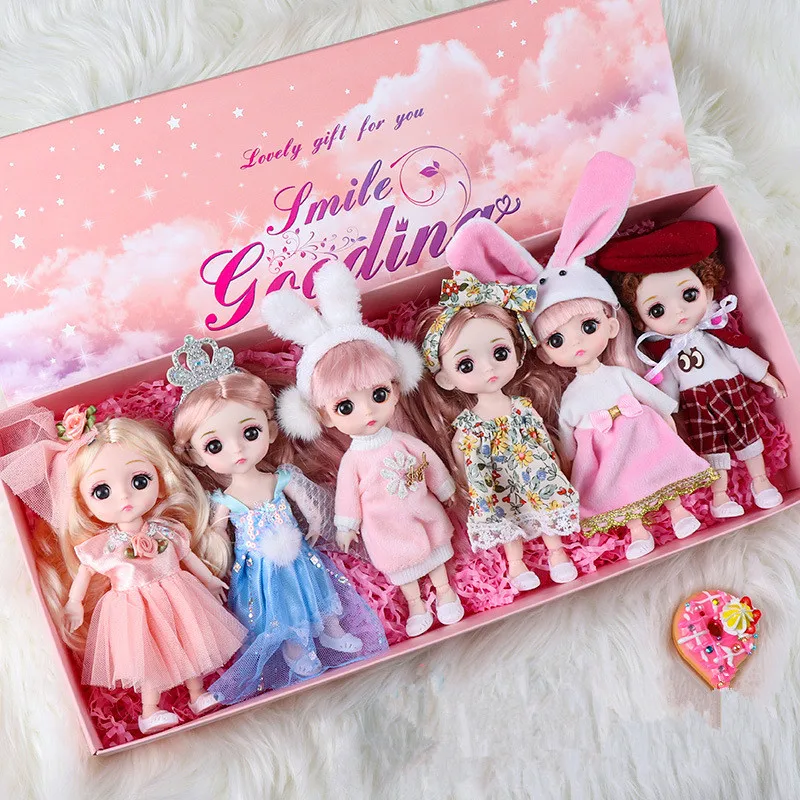Whereas the dolls aren’t required in any traditional classroom, experts believe they provide a variety of developmental advantages to children. “I purchased baby dolls for both of my sons and daughter,” Dr. Tamis-LeMonda explains. “It allows kids to be compassionate, sentimental, and demonstrate compassion and awareness to others.” Along with interpersonal benefits, enjoying with dolls can assist individuals develop abilities that will help him or her arrange for pre-kindergarten. Discover more about the benefits of this lovely, enjoyable form of innovative play for toddlers.

Interpersonal Abilities
Whereas dolls aren’t particularly talkative, this doesn’t prevent kids from having a conversation with them. “Chatting to their dolls gives kids a lot of languages practise,” Dr. White says. “If they are hesitant or afraid to say something, they can tell their dolls.” Dolls could also help students develop peer-to-peer emotional intelligence. “As toddlers get closer to preschool age, you’ll notice them trying to take their baby dolls to the paediatrician or classroom and having rich chats with other toddlers about these situations,” DeLapp observes.
Furthermore, doll mates also allow toddlers to learn phrases for emotions that are invisible or hidden, such as hunger, tiredness, or despair. “Distinctive types of play offer multiple types of language learning,” says Dr. Tamis-LeMonda. In addition, doll games can also assist a baby in expressing themselves. “If a child is feeling nervous, asking about the doll can be a wonderful way to foster back and forth interaction,” Dr. White says. Because role-playing is a motivational tactic, you should listen if your kid says their baby doll is heartbreaking or frightened.
Thinking Outside the Box
As children grow, imaginative play becomes an important part of the baby-doll personal observation, allowing them to generate creative thinking “Toddlers can behave out events that occurred to them or things they have seen in everyday life, texts, or TV programs,” claims Julia, director of Eastern Connecticut State University’s early childhood research centre. ” Alternatively, they can use their creativeness to imagine what a kid would do and how a caretaker could react.” You could act as a support beam to inspire greater levels of doll dramatic play. Since you are not required to supervise your kid’s the whole game session, you can enquire them, “Is baby thirsty?” “What are you going to starve her?” or providing a bowl of noodles and a slight knife can motivate them to presume at a greater level and broaden an individual play session, according to Dr. Tamis-LeMonda.
Compassion
Widely known children’s characteristics such as impatience and stubbornness show that young children frequently face challenges to realise others around them. “Children can struggle to accept the fact that others have distinct emotions and opinions,” Dr. White says. Having to play with baby dolls can help promote affection, especially when a caregiver is present to guide them. For instance, if your baby tries to pretend to cry while holding their baby doll, you could perhaps ask, “Is your baby unhappy?” or “What do you believe would help to calm?”
After learning about the advantages of children playing with baby dolls, it’s time to choose one doll for your child at Little Pomelo: https://www.littlepomelo.com/shop/toddler-toys/dolls-dollhouses/